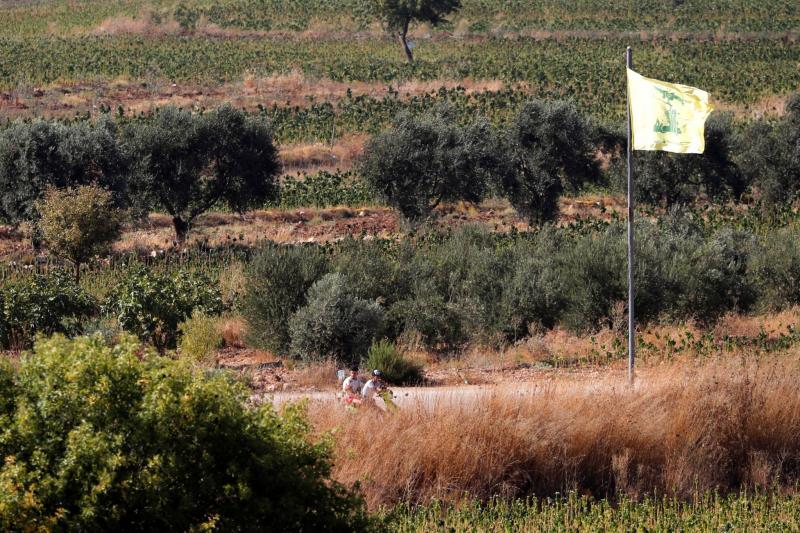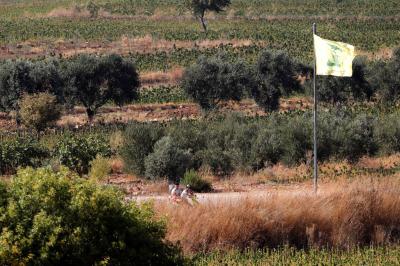It was expected that "Hezbollah," following the quadruple massacre committed by Israel in Ainat, which resulted in the deaths of three girls and their grandmother, would implement Nasrallah's equation of "civilian against civilian," targeting Israeli civilians on the basis of reciprocity. It may have become difficult for them to find a direct target in the nearby settlements after Israel evacuated their populations, either to shelters or deep into displacement centers. However, Israeli cities from Haifa to Tel Aviv and everything in between remain open to "its precise missiles.” What has been preventing them from targeting these cities so far is the Iranian decision not to expand the war and the secret negotiations Tehran is conducting regarding the prices it wants in return for its withdrawal, contenting itself with limited impact and effectiveness fiery messages, whether from southern Lebanon, Yemen, Iraq, or the eastern Syrian border.
The latest speech by Nasrallah, which fell victim to prior and intense promotion, is clear evidence of this Iranian “discipline.” It is not expected that the situation will change within the five days leading to his new speech next Saturday. In light of the frustration that has affected the “party” leadership and its environment, it was necessary to turn inward to achieve a “victory on points” in politics and relations, as the notion of a “knockout victory” over Israel is no longer on the table. Even achieving victory on points seems difficult or unavailable, after the “resistance axis” recognized that America and Europe have now taken the forefront, while Russia and China have retreated from the war.
This explains, at the local level, the revival of spirit and "confidence" in the alliance between "Hezbollah" and the "Free Patriotic Movement" based on the tenth article concerning the "sanctity" of the weapons of "Hezbollah." It is not coincidental that Haret Hreik supports Mirna Shalouhi in her attempts to prevent an extension for Army Commander General Joseph Aoun, paving the way to erase his strong chance for the presidency.
In the midst of the war and its dangers, and under fluctuating external slogans and equations, "Hezbollah" finds enough time to chew on more internal issues and exploits the "Movement's" need for support in its narrow political calculations to bring it back into submission, paving the way for playing the presidential card later in favor of its candidate, "in the right place and time," achieving in internal deals what it fails to achieve in external wars.
It is clear that it seeks to contain the disappointment of its environment and its partners in the "axis" by registering points in internal balances and restoring the shaky confidence in it, by rallying its domestic front. Thus, it compensates for the setback of its external strategy with the success of its internal tactics. Its sentiment can be summed up with the French proverb: "If we do not have ham, let us eat Shaharir!"




